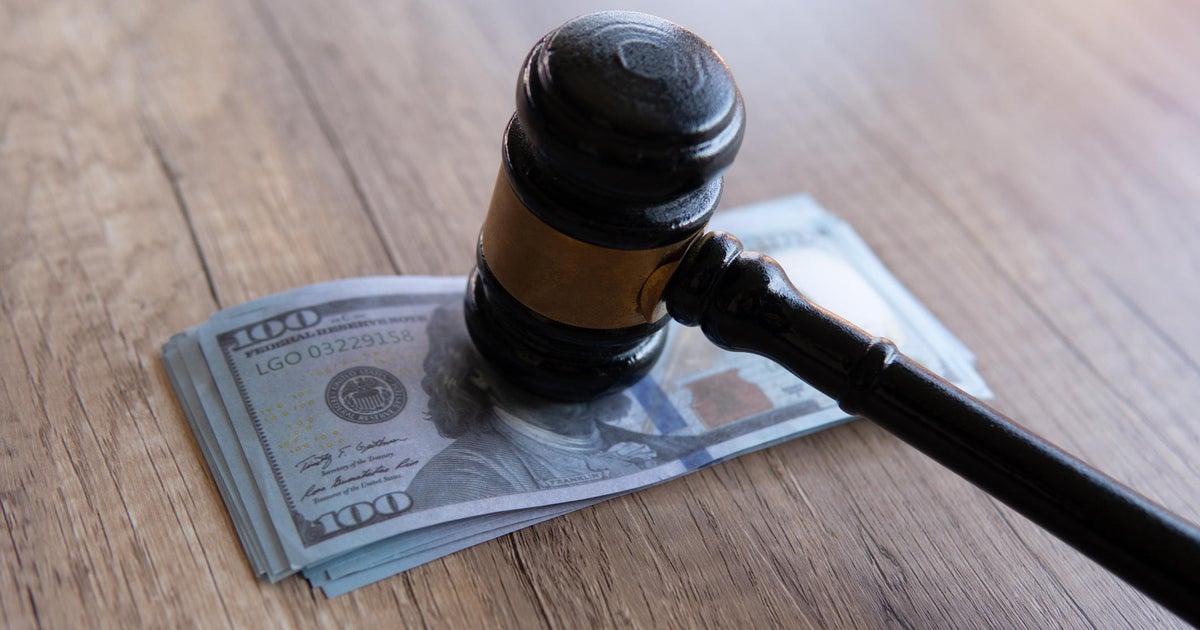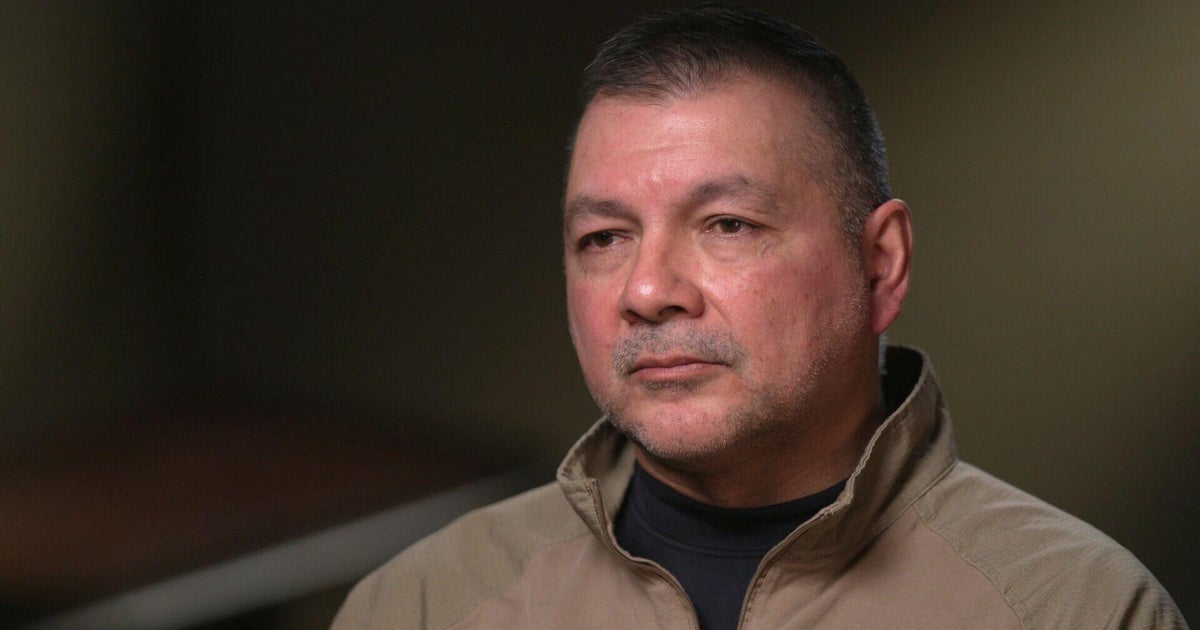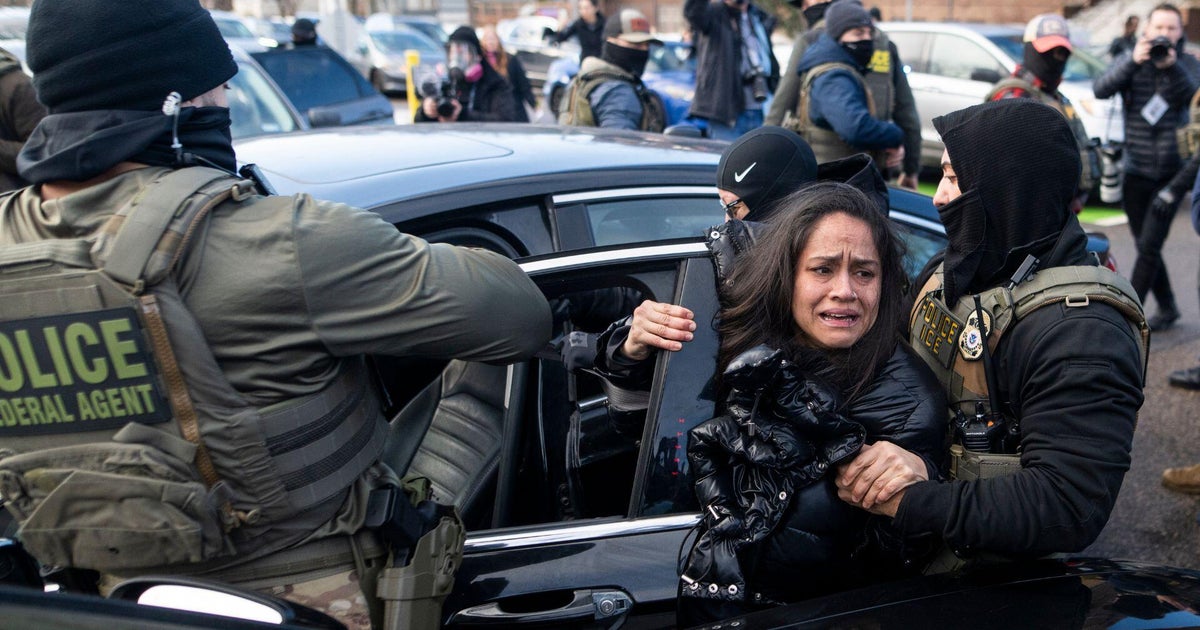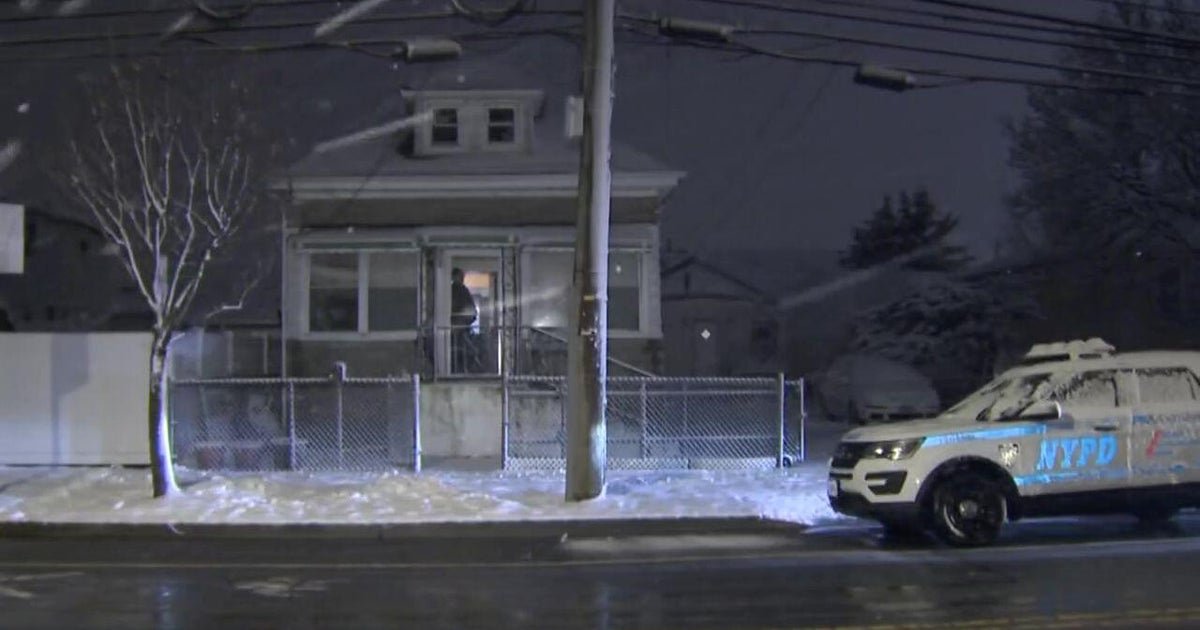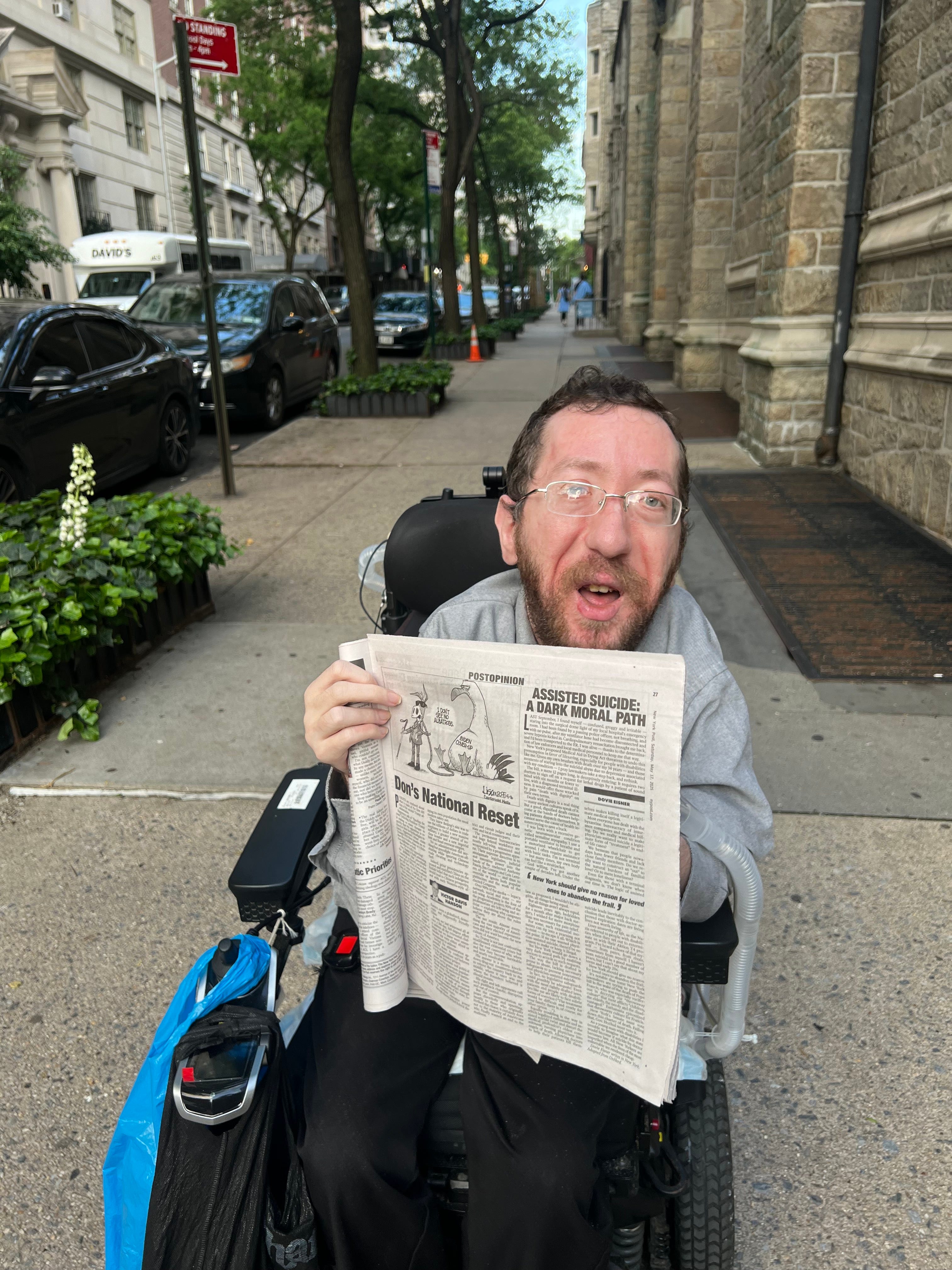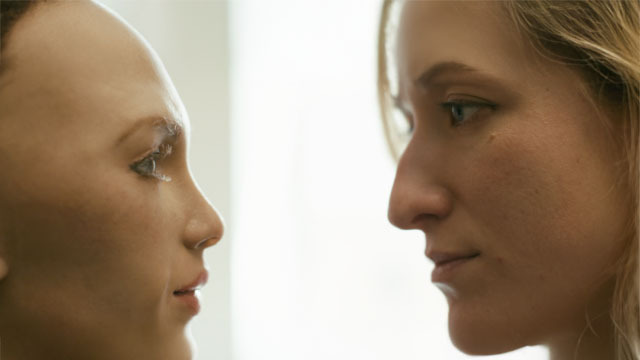COVID-19 plasma donation: What you need to know
While the number of people dying from the novel coronavirus in the United States is on the decline, people are continuing to be infected with the virus throughout the country. Currently, experimental therapies remain the only treatment option for those sick with COVID-19.
One option doctors are testing is more than a century old. Called convalescent plasma therapy, it relies on the blood of those patients who have already recovered from the virus.
How convalescent plasma works against COVID-19
When a person gets sick from a virus, their immune system has multiple defenses, according to Dr. Michele Donato, the principal investigator of the therapeutic plasma study at Hackensack University Medical Center in New Jersey. The innate immune response is the body's immediate reaction, a general guard against any foreign cells. After the virus breaks through that defense, there is a window of time until the adaptive immune system can make specific antibodies against the virus.
Those antibodies are then stored in plasma, the liquid part of the blood. In convalescent plasma therapy, doctors collect plasma from donors who have recovered from COVID-19 and give it to patients who are still fighting to survive.
According to Donato, the best time to give a current COVID-19 patient the plasma treatment is in the window before their adaptive immune system makes the antibodies itself.
"We're looking patients who are in that gap," Donato said. "Because during that gap is when the virus invades the cells and causes damage. And then once that has happened, when the inflammatory response kicks in, that makes the patient very, very sick."
Am I eligible to donate?
While hospitals around the country are conducting plasma studies with differing criteria, potential donors must have previously tested positive for COVID-19 and have since recovered, having had no symptoms for at least two weeks. Donato said antibody testing is limited, so a previous COVID-positive test means a donor has a much higher chance of having the protective antibodies.
For now, Donato said it does not appear to be a simple correlation between the level of illness and the volume of antibodies a person produces. In other words, it may not be the case that the sicker a person is, the more antibodies they have after they recover.
While hospitals need as many plasma donors as they can find, blood type does matter, as plasma donation is the reverse of blood donation. While people with blood type O negative are considered the universal blood donor, those with an AB blood type are the universal plasma donor.
Where can I donate?
If you fit the criteria for plasma donation, there are several options:
Contact your local blood bank. The American Association of Blood Banks and America's Blood Centers both offer tools to find blood donation centers closest to you.
The Mayo Clinic in Minnesota is leading the National Expanded Access Program, which was started by the FDA. The program seeks those who were COVID-19-positive but have since tested negative. Click here to find out more about the program.
The plasma program Dr. Michele Donato is leading at the Hackensack University Medical Center is currently seeking people with the highest levels of COVID-19 antibodies. To find out if you qualify, you can complete this survey.
What is the plasma donation process like?
Donating plasma is similar to giving blood. After the blood is drawn, plasma is separated out from the red blood cells, which are then returned to the donor's body with a saline solution to help replace the plasma.
"As long as you can sit still for 45 minutes to an hour, which as a constant fidgeter, that's not exactly the easiest thing for me, it's a really painless process," said Matthew Polevoy, a 60 Minutes senior producer. In March, Polevoy became sick with COVID-19 and spent 10 days in the hospital. He has since donated his plasma four times and continues to do so.
"Donating plasma is life affirming," he said. "It feels amazing."
I haven't had COVID-19. How can I help?
Hospitals around the country need more than plasma from recovered COVID-19 patients—they also need blood. Because of social distancing measures and other coronavirus precautions, most blood drives in the last three months have been cancelled. Blood banks around the country are now facing shortages.
To find the blood donation center closest to you, visit the American Association of Blood Banks or America's Blood Centers.
The video above was produced by Brit McCandless Farmer and Will Croxton. It was edited by Will Croxton.
